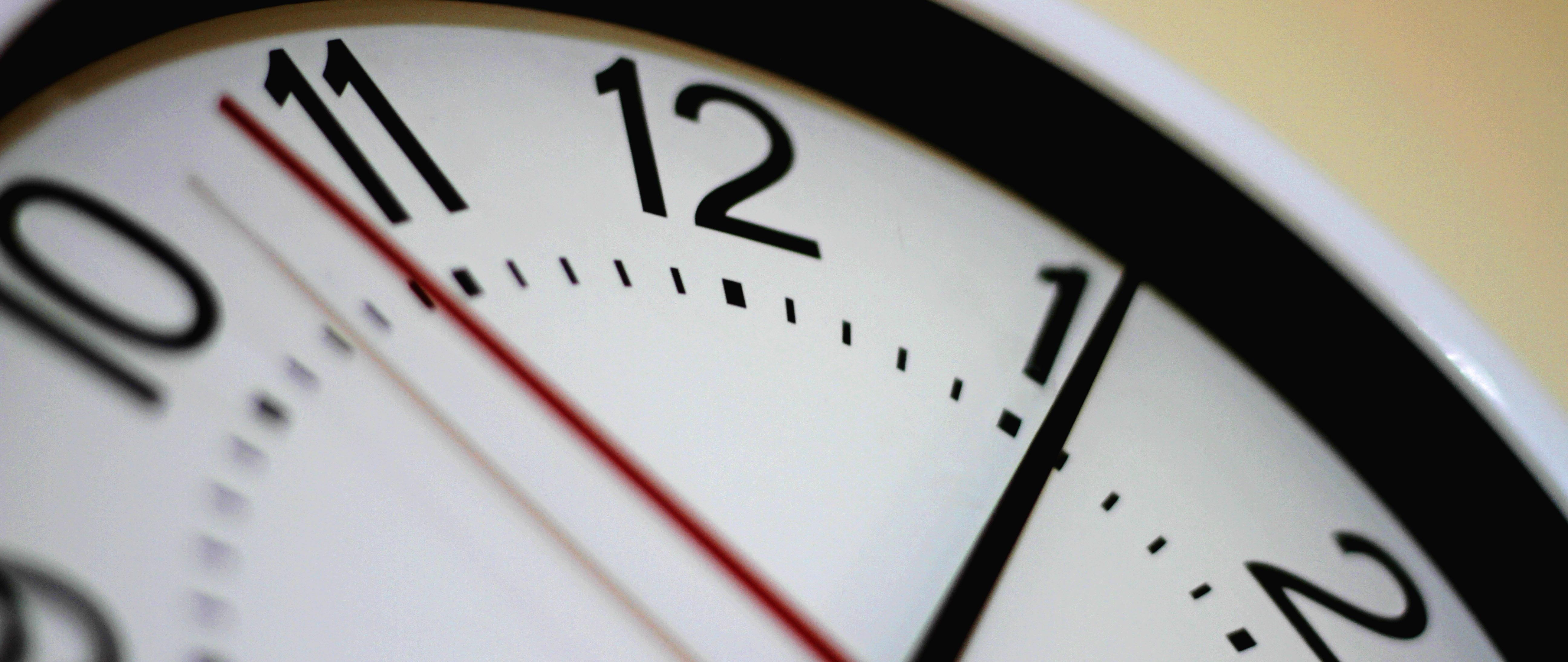To be self employed or a freelancer – what’s the difference?

People talk a lot about being self-employed or a freelancer, as if these words mean the same thing, but I think there is a world of difference between the two. The mindset of whether you see yourself as self-employed or a freelancer is as different as apples and oranges.
There’s no legal difference at all between seeing yourself as self-employed, a freelancer or running your own business. I’ll talk more about that in a moment.

I’ve been self-employed and giving business advice since 2000, but I’ve never called myself a freelancer. Not that there’s anything wrong with being a freelancer, some of my best friends are freelancers.
That’s never been the way that I’ve thought about myself. I’m more likely to talk about running my own company. I do worry that there’s something self-limiting about the term freelancer.
Why choose between being self-employed or a freelancer?
To me, a freelancer means someone who does pieces of work for other people. I think of myself as someone who employs freelancers, as I’ve got a lovely army of people who help me with all the bits and pieces involved in running the Joy of Business.
Freelancing seems to imply a single person who works on their own, doing different projects for a variety of companies. They’re an outsourced resource for other businesses.

It’s not about the money
There are lots of freelancers out there who earn more money than me. My friend Sarah is a data analyst who is currently contracting for a very well funded AI start up. She’s working 5 days a week at 1.5k per day – a pretty healthy freelance gig.
And there are lots of people running their own companies. Often quite big companies, who don’t make any profit at all and might even be making a loss. Some of the freelancers are probably more financially secure than these folks; my data analyst friend Sarah certainly is, as she’s saving most of her money. If she loses a gig, she can just pick up another one.
It’s about what you’re building
The problem with calling yourself a freelancer, for me, is that it will always be just you. The freelancers I use to help with my marketing and admin, for example, are people who are selling me a chunk of their own time.

Some freelancers will make the transition to running bigger companies, perhaps through a network of other freelancers or by the more traditional route of taking on staff. Or they will pivot to a product-based business and stop trading their time for money.
This will be the point at which they’ll probably stop calling themselves freelancers because they’ve got out of that mindset. They’re running a business now.
People who call themselves self-employed or talk about running a business from the start tend to make that transition to a bigger business sooner. They’re open to the idea of building something. And even if, like me, they choose to stay as one person (albeit with an army of freelancers to help), they’ve got a mindset of growth right from the beginning.
I think that the path to a more grown-up business is the real difference between whether you see yourself as self-employed or a freelancer.
Let yourself be open to that possibility
If you’re quite early on with your business journey, then I’d encourage you to think about the opportunities for growth right now.
Even if your business is tiny, think of it as a business.
Because it will save us a lot of time and soul searching later on when you come to me for help in expanding because you’ll have already got past that freelancer mindset.
Isn’t there a legal or tax difference between being self-employed or a freelancer?
People often think that there’s a legal difference between being self-employed or a freelancer, but there isn’t, it’s just what you call yourself, and, I’m arguing, your mindset for being able to grow your business.
The legal and tax differences (in the UK) are whether you’re a sole trader or a limited company. This difference only determines how you’re treated in law and for tax purposes.
You can be a sole trader or a limited company, whether you see yourself as self-employed or a freelancer, and your choice should be based on how much profit you make and which one will let you pay less tax. As a rough guide, if your net profit before tax is more than 40k in the UK, you are better off trading through a limited company. Any accountant will be happy to do more detailed sums for you.
Once you’ve got that pesky tax issue out of the way, you can think properly about whether you want to think of yourself as a freelancer or that you are running a business.
If you’re already there
If you’ve been freelancing (or been self-employed and running a business, whatever you’ve been calling it) for a while and you’re thinking about getting to the next level. You might want some help to get there faster.
The next steps for a freelancer
When you’re ready to quit thinking of yourself as a freelancer and adopt the growth mindset of being self-employed or running your own business, you’ll want to start working out how you can quit trading time for money and break the relationship between how you spend your time and how you make your money.
And you will be wondering about how you can charge more money as well. My Sweetspot Pricing book can help with that, with lots of advice about how to raise your prices to the sweetspot point where you’re charging the right amount of money and getting the right number of clients at that price.
Get my best content exclusively by email
Also, I’ll send you some exclusive resources by email for running a successful business. Let me know how you like them.
Other blogs about freelancing vs running a business
What happens to my limited company if I die?
The transition from a freelancer to a grown-up business
My business models series – choose the right business model and move away from the freelancer/contractor/prostitute/billable hours model
The Tesco Test – does your business pass the Tesco Test, or do you need to make some changes?
How to feel good about charging more
Photo credit – Jonatas Cunha from Flickr on a creative commons license, grains, man and time on Pxhere and Jeremy Bishop on Unsplash


